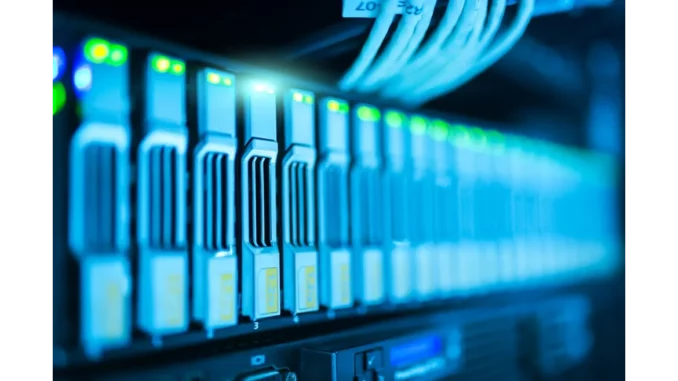
In an era where data is invaluable, ensuring its safety and accessibility is paramount. Network-Attached Storage, or NAS drives, are increasingly favoured for their reliability and storage capabilities. But what makes them reliable, and how can we ensure they perform optimally over time? To delve into this subject, I spoke with Mark Thompson, an IT specialist with over a decade of experience in managing data storage solutions for various businesses.
When I met Mark, he was quick to share his admiration for NAS drives but also emphasised the importance of proper maintenance to harness their full potential. “NAS drives are like any other piece of technology,” he began. “They’re reliable, but only if you take care of them.”
Understanding NAS Reliability
Mark explained that the reliability of NAS drives hinges on several factors, primarily the quality of the hardware and the maintenance routines implemented. “When people ask me if NAS drives are more reliable than other storage solutions, I tell them it’s not just about the drive itself but how you use and maintain it,” he noted.
He detailed how the hardware’s quality, such as the motherboard and power supply, plays a crucial role in a NAS drive’s longevity. “Investing in a good-quality NAS is crucial. Cheap components often lead to failures,” he warned. Additionally, employing RAID configurations can significantly enhance data reliability by providing redundancy. “RAID is like having a safety net. If one drive fails, your data isn’t lost.”
Regular Maintenance: The Key to Longevity
One of the most critical aspects of maintaining a NAS drive, according to Mark, is regular maintenance. “Regular checks and updates are non-negotiable,” he stressed. He outlined a few best practices:
-
Firmware Updates: Keeping the NAS’s firmware up to date is essential for security and performance. “Manufacturers release updates to fix vulnerabilities and improve functionality. Ignoring these can leave your system at risk,” Mark explained.
-
Temperature Control: Overheating is a common issue that can shorten a NAS drive’s life. “Ensure your NAS is in a well-ventilated area and regularly check the cooling systems. Excessive heat is a silent killer for electronics,” he advised.
-
Power Management: Mark emphasised the importance of using an Uninterruptible Power Supply (UPS) to protect your NAS from sudden power failures. “A UPS can prevent data corruption during outages,” he said, adding that it’s a small investment for long-term reliability.
-
Regular Backups: Even with RAID, regular backups are crucial. “Back up your data to a different location, perhaps another NAS or cloud storage, to ensure you have multiple copies,” Mark suggested.
Comparison with Other Storage Solutions
When asked about how NAS drives compare to external hard drives and cloud storage, Mark provided some insights. “NAS drives are definitely more reliable than external hard drives for continuous use. They’re built for it,” he remarked. However, he acknowledged that cloud storage offers benefits like easy scalability and offsite redundancy.
“Cloud storage is great for certain needs, but it comes with its own set of risks, like potential security breaches,” Mark cautioned. “With NAS, you have more control over your data, which is a big plus for many people.”
Challenges and Considerations
Despite their advantages, NAS drives aren’t without challenges. “Users often underestimate the need for regular maintenance and monitoring,” Mark commented. He mentioned common issues such as overheating and power failures, which can lead to data loss if not addressed promptly.
“Implementing a consistent maintenance schedule can prevent most issues,” he reassured. “And always have a backup plan. It’s not just about having RAID; it’s about having multiple copies in different places.”
Conclusion
In closing our conversation, Mark reiterated that the reliability of NAS drives is largely in the hands of the user. “A NAS drive can be incredibly reliable if you commit to maintaining it,” he summarised. His advice is a valuable reminder that while technology offers powerful solutions, they require attention and care to function at their best.
For anyone considering a NAS drive, or already using one, Mark’s insights offer a practical roadmap to ensure your data remains safe and accessible. By adopting these best practices, you can maximise your NAS drive’s reliability and enjoy the peace of mind that comes with knowing your data is secure.
Rhoda Pope

